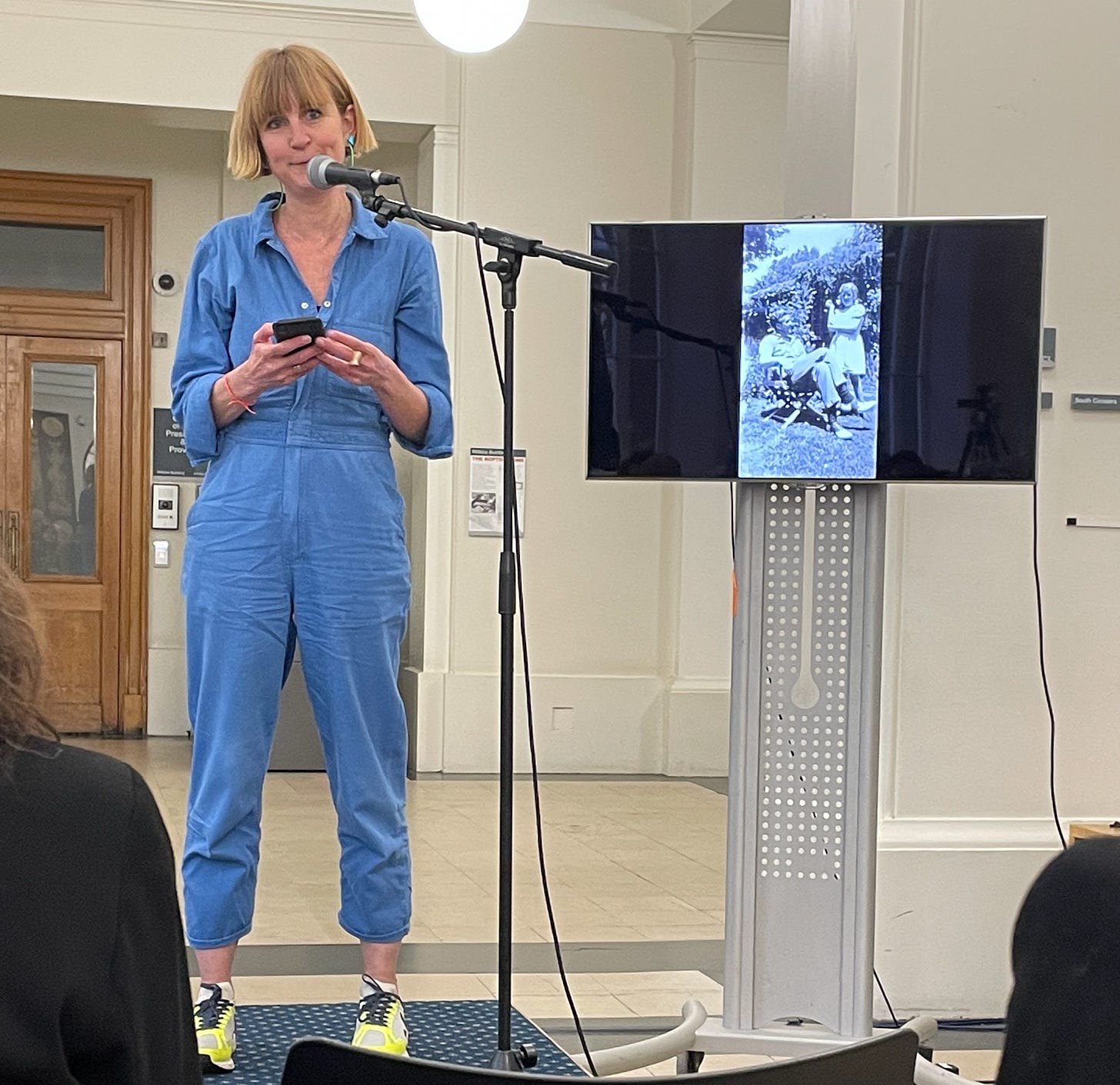There was a lively gathering of young and old economic dissenters at London’s UCL this week. We were there to celebrate the life of a leading dissenter, the distinguished economist, Professor Victoria Chick who died in January at the age of 86. Vicky achieved greatness despite the adversity of working with, and against the orthodoxy of mainstream economics.
She was a student of Hy Minsky at the University of California, Berkeley where she graduated with a Bachelor's and Master's degrees in economics. She had planned to study science but recalled,
[science] was so sexist, a woman just could not survive – they hounded you out. Somehow, I ended up in economics.
She pursued her graduate studies at the London School of Economics, citing her reason for choosing to study in England as “most of the good universities in America at the time did not admit women or made it very difficult for them.”
Throughout Professor Chick’s career as an economist she pursued a sometimes lonely, if rigorous academic fight to recover and protect Keynes’s theoretical legacy - in particular his monetary theory and policies. It was not a pretty fight as mainstream economists did not, and do not appreciate criticism from a woman. She often spoke of the appalling treatment meted out to leading women thinkers across all fields of academia. On one occasion she wrote that
Thanks are due to the army of colleagues who were discouraging, though it would be impolite (much less impolite to them than they were to me) to name them: they made me think - and fight. (From Money, Method and Keynes, p. 81)
She taught many of us to think and fight, and on the way taught us all we know about Keynes’s monetary theory and policies. She did not hesitate to support the young radicals that in the aftermath of the Great Financial Crisis challenged economic orthodoxy’s blind spot for money and banking - a weakness common to almost all mainstream university economics departments.
Addressing non-economists once, she noted that
it may - it ought - to shock you to know that the financial sector does not appear in most mainstream macro models. (Chick, 2012, p. 5).
Geoff Tily, pictured above, chief economist at the TUC, was Vicky’s last PhD student and together with Prof. Sheila Dow one of her dearest friends and collaborators. Geoff points to her relevance to today’s debates when he writes that at the start of her book, Macroeconomics After Keynes she confronted the reader with the
… astonishing conclusion that the chief cause of unemployment is not so much that the real wage is too high, but that the rate of interest is too high. What an implausible thing to say. What relationship could there possibly be between unemployment, the most human of problems, and the rate of interest, the driest of economic variables? That is a major theme of the General Theory. (p.10).
In her 2012 Gresham college lecture she cites Willem Buiter, founder member of the Bank of England’s Monetary Policy Committee who alerted readers to the startling fact that:
mainstream macroeconomic theories… not only did not allow questions about insolvency and illiquidity to be answered. They did not allow such questions to be asked. (ibid., p. 1 ). (Emphasis added).
The mourners present at her memorial service ranged from distinguished monetary theorists like Professors Charles Goodhart, Daniela Gabor, Sheila Dow, and Jesper Jespersen - to young radicals including Ben Pringle, Yuan Yang (now a journalist on the FT) and Maeve Cohen - all students when they founded Rethinking Economics at Manchester University in 2011. Ruth Potts, pictured below, worked on the Green New Deal with Caroline Lucas MP, and deeply appreciated Vicky’s support for work on climate and economics.
We at PRIME are particularly proud of our association with her. She helped found PRIME and as an exacting contributor, co-authored a formative paper with Geoff Tily and yours truly: The Economic Consequences of Mr Osborne. She contributed a number of articles which can be found here. To celebrate the 75th anniversary of the publication of The General Theory in 2011 we jointly published an article on Bloomberg - Happy Anniversary Mr Keynes - that argued:
Only with finance restrained can there be prospects for public and private-sector expansion. Keynes’s “General Theory” — not the “Keynesian” theory of textbooks and conventional wisdom — offers the same way out of today’s crisis as it did in the 1930s. But the economics profession must begin a reappraisal of his central contribution to monetary theory.
Farewell Victoria Chick. Your legacy, a body of distinguished work; your exactitude, intellectual rigour and courage, will continue to inspire, instruct and inform.
PS This post has been amended to correct the reference to Prof. Chick’s 2012 Gresham College lecture.









Thank you! Great example of the maxim that we must "write women back into history" -- and that we all (well, except perhaps our rulers) benefit from doing so.